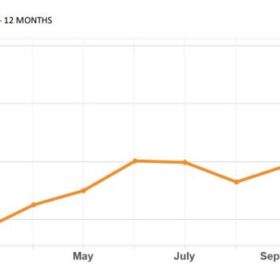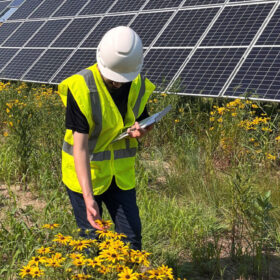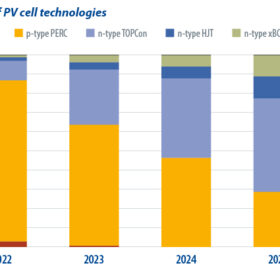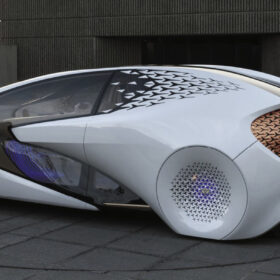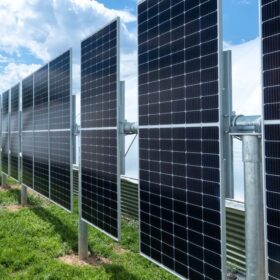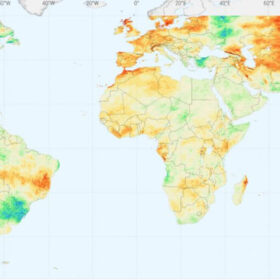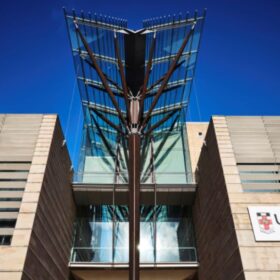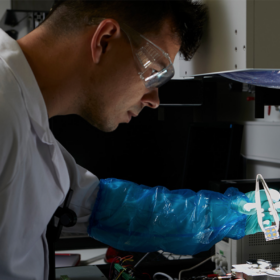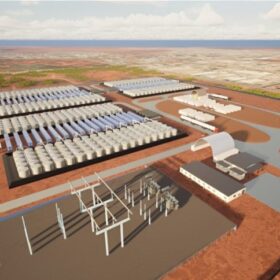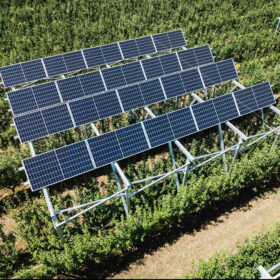Weekend read: Cracking cell defect detection
After years of improving quality standards, solar cell cracking appears to be on the rise again, perhaps due to new manufacturers entering the sector. Clean Energy Associates’ (CEA) senior engineering manager Claire Kearns-McCoy considers ways to stop the rot.
Consumers say bigger is better for rooftop solar but on a budget
Solar panel and system prices are on the decline but figures provided by energy industry analyst SunWiz show that an increasing number of Australian households are opting to forgo savings in search of increased generation capacity.
Solar sites linked to higher levels of insects
Scientists conducting a five-year research project in the United States have observed a tripling of insect numbers near two solar facilities built on rehabilitated agricultural land. They say the findings show how habitat-friendly solar could help protect insect populations and improve pollination in nearby agricultural fields.
Ausgrid turns to microgrid technology to support energy system into future
New South Wales electricity distributor Ausgrid is exploring the potential of solar-powered microgrids to enhance energy security for communities during extreme weather events and extended outages with construction having started on what will be the company’s first microgrid.
Weekend read: The writing’s on the wall for p-type
The shift from positively doped, “p-type” to negatively doped, “n-type” solar technology has sparked manufacturing expansion, says S&P Global’s Jessica Jin.
New solid state battery charges in minutes, lasts for thousands of cycles
A team of researchers in the United States have developed a new lithium metal battery that can be charged and discharged at least 6,000 times — more than any other pouch battery cell — and can be recharged in a matter of minutes.
Solar fence stands out in Gridcog simulation
Solar fences are beginning to gain traction in European and North American markets and now data provided by energy software service provider Gridcog suggests that vertical bifacial solar could be technically and economically viable in Australia.
Global solar irradiance ‘relatively stable’ in 2023, says Solargis
With global irradiance above average in Australia, Southeast Asia and Europe, and stable in the United States, solar data provider Solargis says stakeholders should focus on the stability of power grids, while navigating solar financing complexities in developing economies and supply chain capacities in 2024.
UNSW researchers solve aqueous rechargeable zinc battery challenge
Researchers from The University of New South Wales have developed a “scalable solution” they say overcomes the rechargeability challenges associated with aqueous zinc battery technology, potentially redefining energy storage for homes and grids.
Breakthrough for producing perovskite solar cells with AI
Researchers at RMIT University’s School of Science, Monash University and Australia’s national science agency, the CSIRO, have harnessed artificial intelligence to accelerate the design and production of perovskite solar cells.

